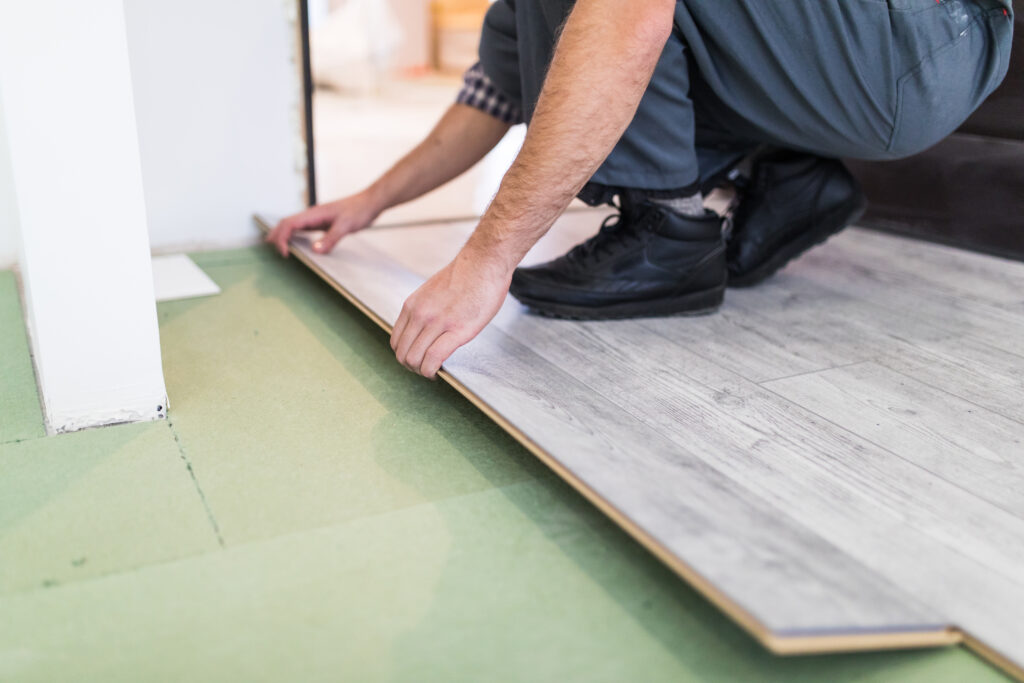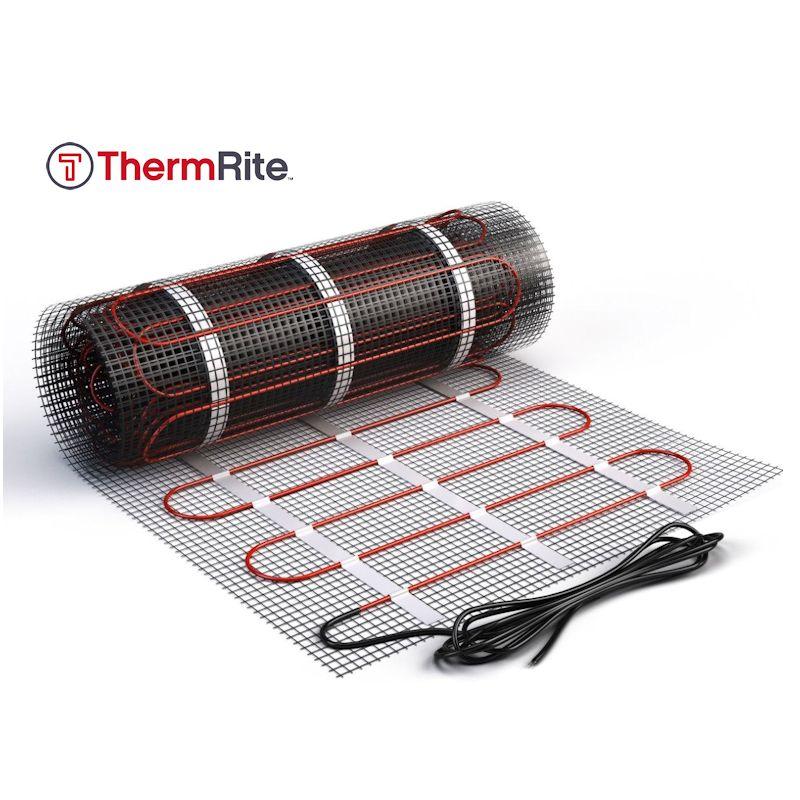Insulation plays a critical role in the efficiency and effectiveness of underfloor heating systems. Underfloor heating systems work by circulating warm water through pipes or electric coils installed beneath the floor. Without proper insulation, a significant amount of heat can escape downwards, reducing the overall efficiency of the system. This can lead to increased energy consumption and higher heat loss, ultimately resulting in higher heating bills for homeowners.
Insulation helps to prevent heat loss by creating a barrier between the heated floor and the subfloor. By minimizing heat loss through the subfloor, insulation allows the underfloor heating system to operate more efficiently and maintain a consistent and comfortable temperature throughout the room. This not only helps to reduce energy consumption and lower heating costs, but also ensures that the system delivers optimal comfort and warmth to the occupants.

In addition to improving energy efficiency, insulation also plays a key role in preventing moisture problems in underfloor heating systems. Moisture can cause damage to the subfloor and floor covering, as well as promote the growth of mould and mildew. Insulation helps to create a moisture barrier, protecting the subfloor and floor covering from moisture damage and ensuring the longevity of the underfloor heating system.
Furthermore, insulation plays a crucial role in maintaining a consistent temperature throughout the room. Without insulation, the heat produced by the underfloor heating system may be unevenly distributed, leading to hot and cold spots within the room. This can result in discomfort for the occupants and may require the system to work harder to compensate for the temperature fluctuations. Insulation helps to keep the heat evenly distributed, ensuring that the room is heated uniformly and comfortably.

Furthermore, insulation can also help to reduce noise transmission in underfloor heating systems. Without proper insulation, the sound of the circulating water or electric coils can be amplified and travel through the floor, causing disruptions and discomfort for occupants. Insulation acts as a sound barrier, absorbing and reducing noise transmission, creating a quieter and more comfortable environment for those living or working in the space.
Overall, insulation is a crucial component of underfloor heating systems, helping to improve energy efficiency, prevent moisture problems, and reduce noise transmission. By investing in proper insulation, homeowners can enjoy the benefits of a more efficient and effective underfloor heating system, lower heating costs, and a comfortable and healthy living environment.



